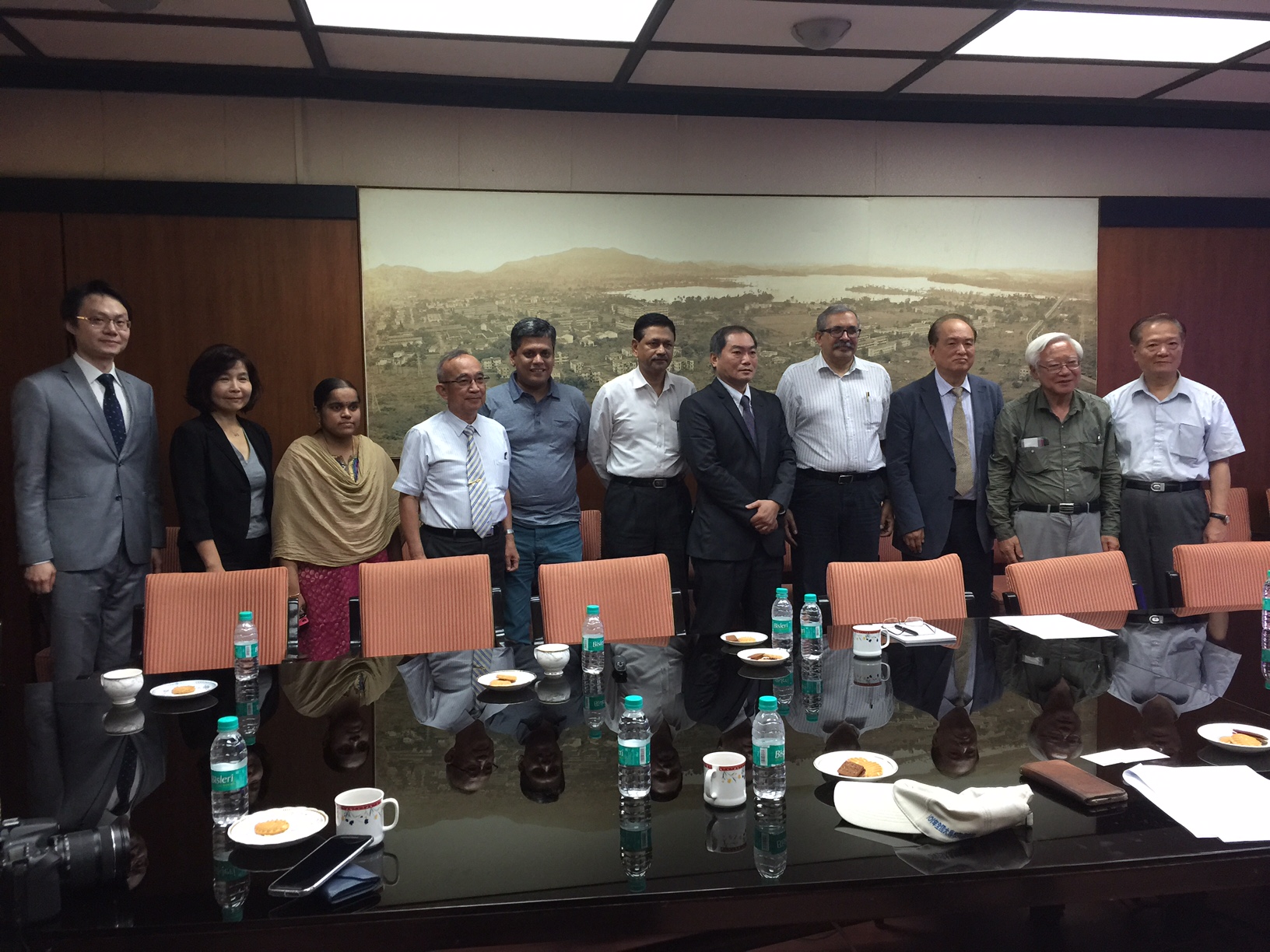“Taiwan-Indian Joint Workshop on Electrical Engineering Research” held at the Indian Institute of Technology Bombay

A delegation of ten prominent professors from National Chiao Tung University (NCTU), led by Dr. Edward Y. Chang, the university’s Senior Vice President shared their research experience with approximately 50 Indian professors, and students at IITB.
Prof. Devang V. Khakhar, Director of IIT Bombay, spoke at the opening session of the workshop and encouraged the Indian students to take this opportunity to brainstorm with professors from the two countries. Prof. Harry Chen, Director of the Science and Technology Division at TECC and Mr. Chen Yi-Ta, Acting Director of Education Division at TECC also attended the workshop. Mr. Chen spoke on behalf of the Ministry of Education, expressing hope that the workshop would be a platform to develop bilateral ties between Taiwan and India; help the students achieve academic excellence, and personal exposure to global interaction; and enhance international technological advancement, and educational cooperation between India and Taiwan.
The delegation included Japanese Professor Hiroshi Iwai, a guest professor at NCTU, Prof. Steve S. Chung from NCTU and Prof. Stella Wen, CEO of the NCTH Strategic Development Office. They presented their research on nanotechnology and CMOS (advanced complementary metal-oxide semiconductors), and VLSI (very large-scale integration) Wireless Communication Circuit.
The workshop had 8 sessions and approximately 40 Indian master’s degree and PhD students came forward and shared their research work experiences and detailed results. The IIT Bombay students also raised questions and difficulties they were encountering with their projects and the participating professors offered the students possible answers and assistance to cope with their challenges.
India now has 18 IITs (Indian Institutes of Technology). Millions of Indian students aspire to be admitted but to do so they have to pass two separate joint entrance exams (JEE): the IIT-JEE Mains, and then the IIT-JEE Advanced. IIT Bombay is one of the prominent higher education institutes in the field of engineering in India. It is the most popular IIT among successful IIT JEE candidates: 34% of the top 100 want to study there. IIT Bombay ranks second in the National Institutional Ranking Framework of the Ministry of Human Resource Development of the Government of India, and 202nd in the QS World University Rankings 2015/2016.